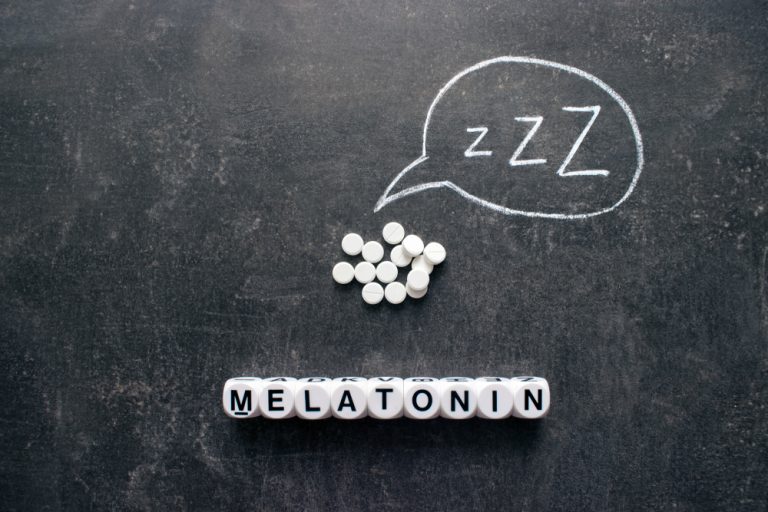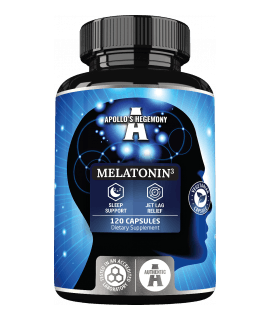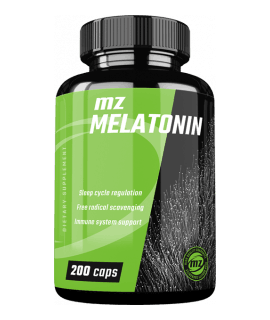Melatonin is one of the widely discussed substances to help sleep quality and quantity, in many countries also one of the most commonly used hypnotic drugs in minors. A measure with a well-documented safety profile that does not pose a threat to health or life, however, like any drug / supplement can cause some side effects.
Unwanted effects of a sleep augmenter - can they affect athletes?
Among the side effects of melatonin in the characteristics of the medicaments containing in, we can find headache, drowsiness, feeling of disorientation, as well as sometimes occurring decrease in body temperature. Not without reason, so you often talk about hangover symptoms that may occur after taking melatonin. From personal experience - this condition is most often observed after too high doses of melatonin or too late time of admission (when the planned hours of sleep is much less than recommended 7-9).
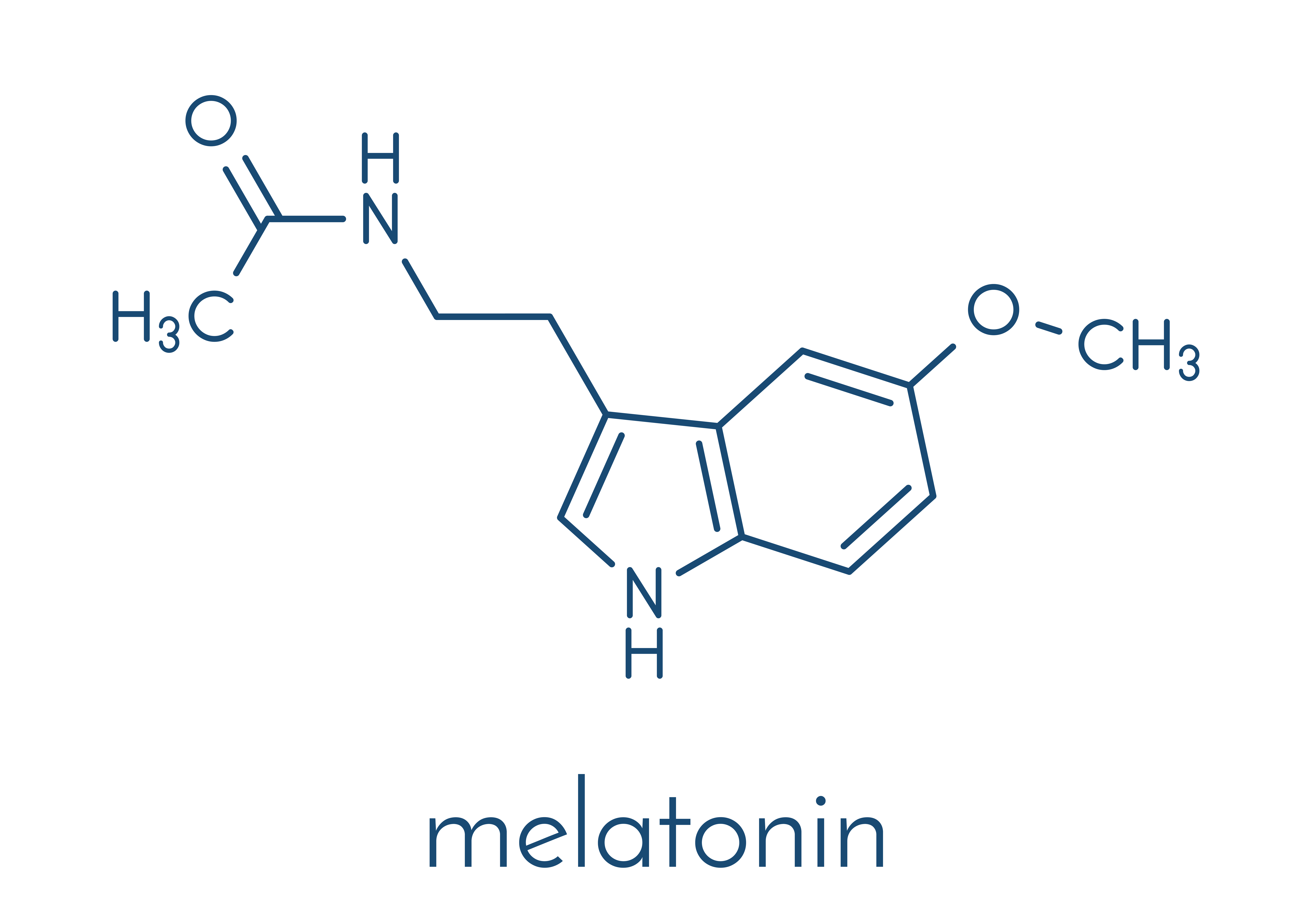
Whether the melatonin hangover could be a real problem affecting athletes and influencing their results was decided by researchers from the University of John Moor in Liverpool under the direction of Atkinson.
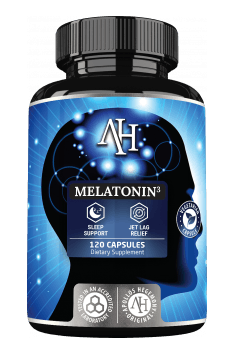
They conducted an experiment involving 12 athletes who were given 5 mg of melatonin or placebo (admission time about 23 + - 30 minutes before going to sleep). The subjects took the substance at home and reached the place of study in the morning, however, the study was carried out between November and January at the morning (7:30-8:30), so exposure to natural light rays (which could wake them up in the morning) was small.
Researchers decided to assess the subjective latency of sleep and its continuity, grip strength in both hands, the time needed to complete a 4km distance on the ergometer, as well as the subjective feeling of effort. In addition, sleep quality questionnaires were carried out (in relation to the night without taking the substance), and the body temperature was also measured.
A surprising result?
As a result, no significant differences were found in the fitness tests performed after taking melatonin or placebo, the average difference was lower than 1% and statistically insignificant. The only noticeable difference is the lowering of the body temperature by an average of 0.2 * C, but in this case also the significance was not obtained.
Summary
To be as concise as possible - taking melatonin at reasonable doses does not seem to be a risk of hangover symptoms and decreased exercise capacity in the morning in active people.
